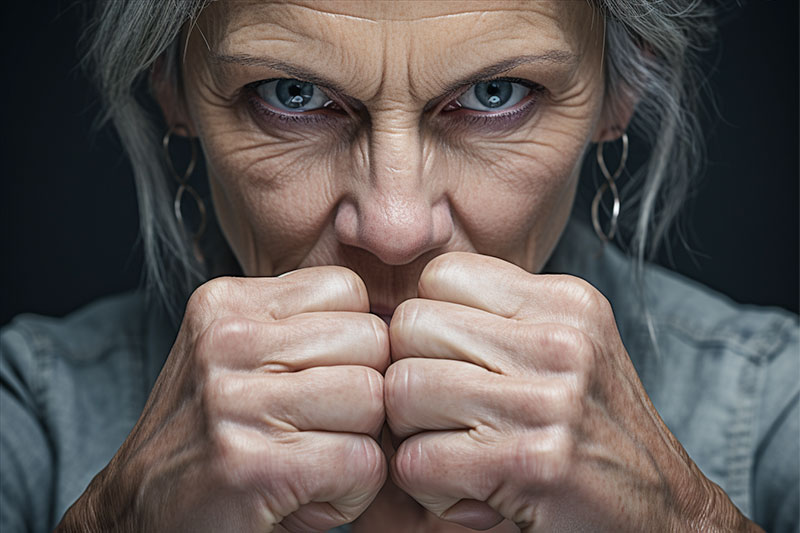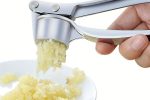
Have you ever stretched out your fingers and relished the pop and release of cracking your knuckles? It’s a common habit that many of us indulge in, but have you stopped to wonder if this satisfying snap could be doing more harm than good? The age-old question lingers in the air like the echo of those pops: Is cracking your knuckles bad for you? This article will delve into the heart of this auditory enigma, exploring the science behind the crack and the long-term effects on our joints. Whether you’re a habitual knuckle-cracker or someone concerned about joint health, join us as we unravel the mystery.
Imagine for a moment your fingers as tiny concertos, with each crack a crescendo in a symphony of joint movements. But is this musical interlude a sign of impending trouble or merely a harmless quirk of human anatomy? The debate has been as persistent as the habit itself, with myths, personal anecdotes, and even scientific studies taking center stage. As we dissect the complexities of this controversial topic, we’ll provide insights that are not only grounded in research but also burst with clarity, ensuring you walk away with a firm grasp on the implications of this common practice. So, let’s crack on and get to the bottom of this joint journey!
The Mechanics Behind the “Crack”
Ever pondered what orchestrates the percussive pitch of a knuckle crack? Within our joints, there’s a fluid called synovial fluid that lubricates and nourishes them. When you stretch or bend your fingers, the space within the joint increases, causing a drop in pressure. This sudden change allows gases dissolved in the synovial fluid to form bubbles, which then collapse, resulting in that characteristic “pop.” But does this physiological performance cause any damage?
Dispelling Myths with Science
One prevalent myth is that knuckle cracking leads to arthritis. However, extensive studies have shown no direct correlation between the two. In fact, a comprehensive research project followed habitual knuckle-crackers for decades and found no increased risk of arthritis compared to those who didn’t partake in the habit. So, can we crack away without fear of future repercussions?
Long-Term Effects on Joint Health
While the immediate effects of knuckle cracking may seem benign, what about the long haul? Some experts argue that habitual cracking could lead to decreased grip strength or swollen hands. Yet, these claims are often anecdotal, lacking robust scientific backing. So, should we simply ignore these potential warning signs?
What Do the Experts Say?
Medical professionals tend to agree that occasional knuckle cracking is unlikely to harm. However, they also caution against excessive or aggressive cracking, suggesting it could strain the surrounding ligaments or tendons. Listening to your body is key; if cracking causes pain or discomfort, it might be time to pause and consult a healthcare provider.
Understanding the Psychological Side
Aside from physical considerations, what drives us to crack our knuckles? For some, it’s a stress reliever or a way to loosen up stiff joints. Others may find it a subconscious habit developed over time. It’s interesting to note the psychological aspects of knuckle cracking and how they play into our daily routines.
The Sound of Satisfaction
There’s also a curious satisfaction derived from the audible pop. This sensation could be linked to the release of tension, both physically in our joints and mentally, offering a fleeting moment of relief. Could this be why the habit is so hard to break?
Knuckle-Cracking Etiquette and Social Perceptions
Let’s not forget the social dimension of knuckle cracking. In some settings, it might be considered rude or distracting. Being mindful of when and where you indulge in this habit can be just as important as understanding its health implications.
When to Crack and When to Hold Back
Whether you’re in a quiet library or an important meeting, it’s crucial to gauge the appropriateness of giving in to the urge to crack. Respecting others’ space and comfort should always come into play.
Final Thoughts: To Crack or Not to Crack?
In the grand scheme of things, cracking your knuckles is largely a personal choice. The consensus among most medical professionals is that it’s relatively harmless, provided it’s done moderately and doesn’t cause you pain. However, it’s essential to remain attentive to your body’s signals and maintain a level of courtesy towards others when engaging in this pop practice.
Listening to Your Joints
Your joints have their own way of communicating. If you experience pain or any unusual symptoms post-crack, it might be a sign to give your hands a rest and seek advice from a healthcare professional.
In conclusion, while the occasional knuckle crack is likely not detrimental to your health, it’s important to be aware of how, when, and why you’re doing it. By staying informed and considerate, you can keep your knuckle-cracking habit in check and ensure that your joint symphony plays on harmoniously.
Are you ready to give your knuckle-cracking habits a second thought, or will you continue to march to the beat of your own drum? Remember, moderation is key, and being in tune with your body’s needs is the best practice for maintaining joint health and harmony.



